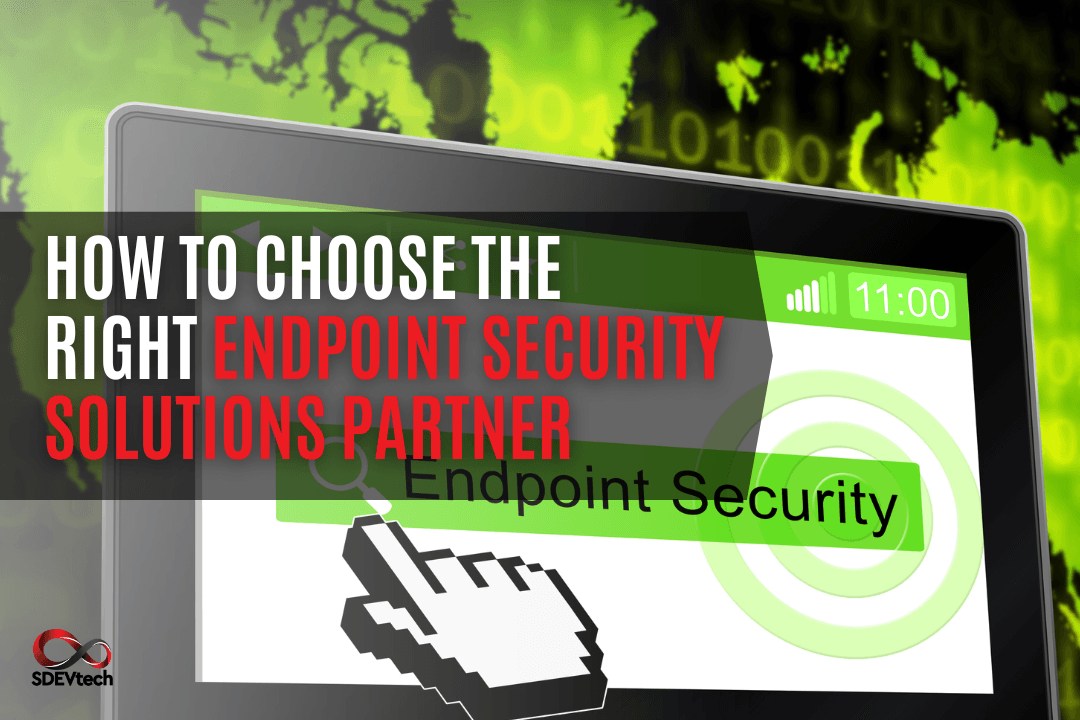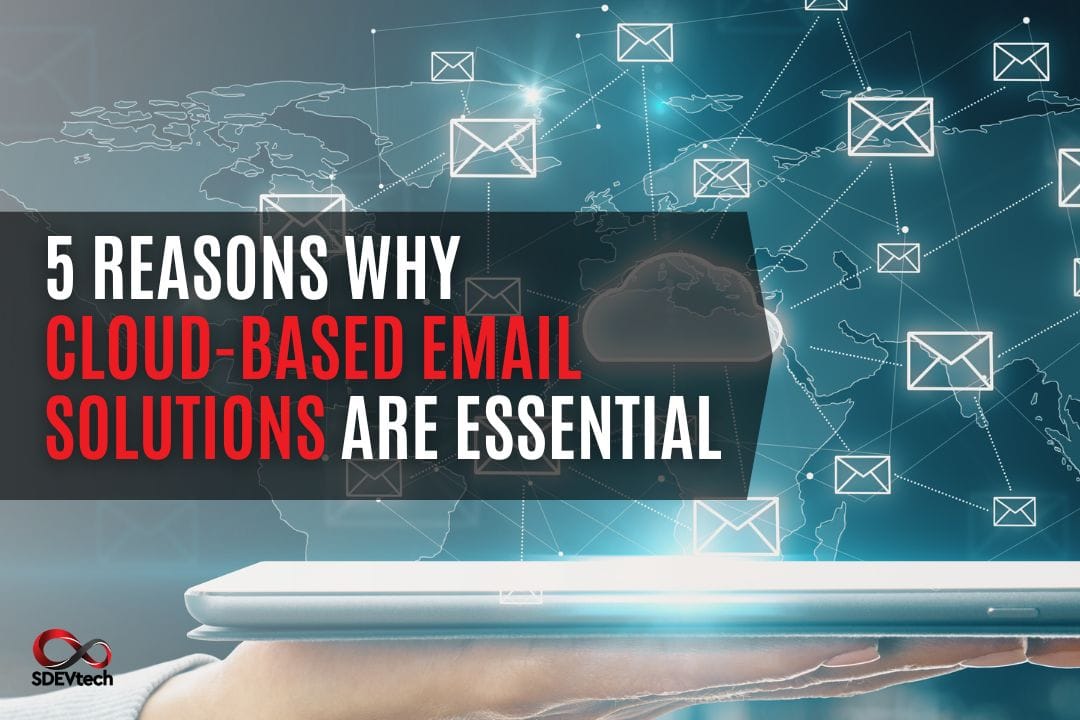Companies today are coping with working from home. Even if the pandemic ends, work from home set-up will be here to stay as many of us foresee. As many find this setup convenient and has many advantages it may also risk personal and the companies’ cybersecurity. Companies must think about the consequences of working from home in terms of system access, access to internal IT infrastructures, bandwidth costs, and data repatriation. This means that when employees access your database remotely, then the risk to the data grows. Therefore, companies must give serious consideration to cybersecurity.
So how will employers and employees stay secure in their work from the home setup? With the rise in remote working, cybersecurity threats particularly phishing have become a common problem. Normally, in most workplaces, the IT team takes care of cybersecurity problems only within the office but with the scattered workforce working remotely in their homes, employees must pay more attention to cybersecurity threats themselves. So, here are some security tips to ensure you and your employees are working from home safely.
Invest in intensive security software at home.
Make sure passwords are strong and secure.
Run a password audit. It doesn’t mean that you are going through your employees’ details. But your company needs to audit employees’ passwords or passcodes used to access any of your enterprise’s services. Passcodes need to be reset and redefined in line with the strict security policy. Employees must apply the toughest possible passwords for the protection of all their devices. You should also make sure that all business-critical passwords are properly and securely stored in case anything happens to the key personnel.
Secure your home Wi-Fi.
Strengthening your home Wi-Fi network’s security is one of the simplest ways to guarantee cybersecurity for remote workers. Make sure to create a strong and unique Wi-Fi password rather than relying on your default router password. Ensure that you choose a password that is difficult for anyone to guess. You can also change your SSID or the name of your network to make it hard for third parties to identify or access your home Wi-Fi network. Also, ensure to enable network encryption for more security. Limit network access to specific devices for additional security. And finally, always check that you are running the latest version of your firmware. Patches and software updates frequently address potential security concerns.
Encourage the use of centralized storage solutions.
If your company depends on cloud or server storage, you should ensure that all employees use this storage service. This is one way to protect your employee’s endpoints and to ensure your confidential information were not stored locally. Content storage must be cloud-based if possible, and staff should be encouraged to use the same cloud-based apps. It is also important that any third-party cloud storage services used are confirmed by your security teams.
Mandatory back-ups.
Work from home set-up often means linking your computer to the company’s Virtual Private Network or VPN connection, this is one way to secure data as it moves between your core systems and externally based on employees but may also create new home office safety backdoors that hackers could potentially expose. VPN services provide an additional layer of security that can give the following: 1) hiding the user’s IP address, 2) encrypting data transfers in transit, and 3) masking the user’s location. VPN security is enhanced by using a strong and unique authentication method. No matter how strong your VPN is, if an employee’s password is compromised, it may give hackers easy access. So, it is important for employees to update their passwords regularly. While working from home, you and your employees will be using home networks and internet connections. Hence, it is essential to teach employees how to set up their wireless routers and personal firewalls and keep their home network secure.
Promote a community and care for employees.
We are in the middle of a pandemic. So, we must consider the welfare of our employees or colleagues. Having this in mind, group video chat or community chat using messaging apps or video conferencing platforms are really important nowadays to preserve mental health. Motivate employees to have a chat with each other or have online interactions to relieve stress and have a better relationship with each other. This can also help with their collaboration at work.







